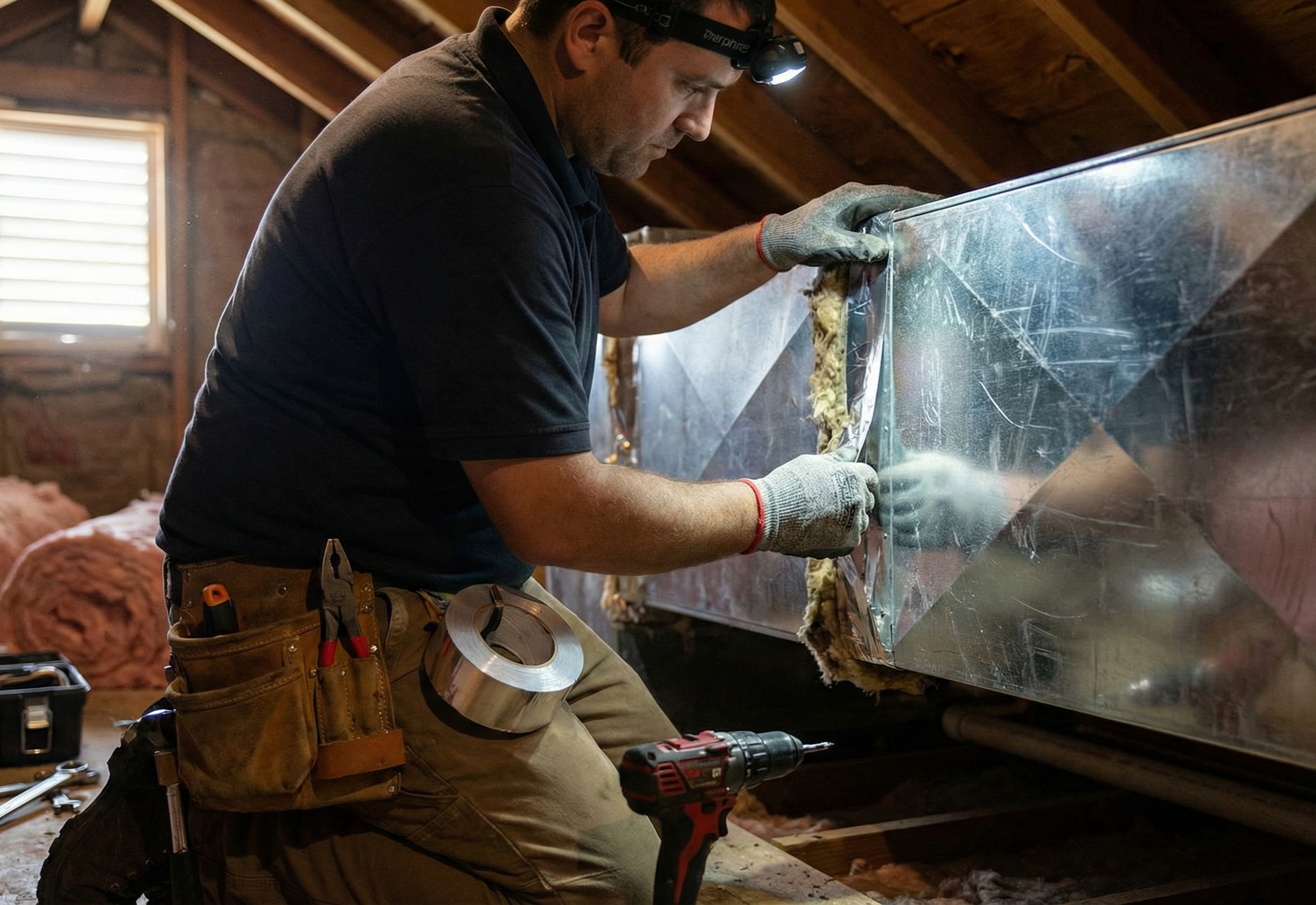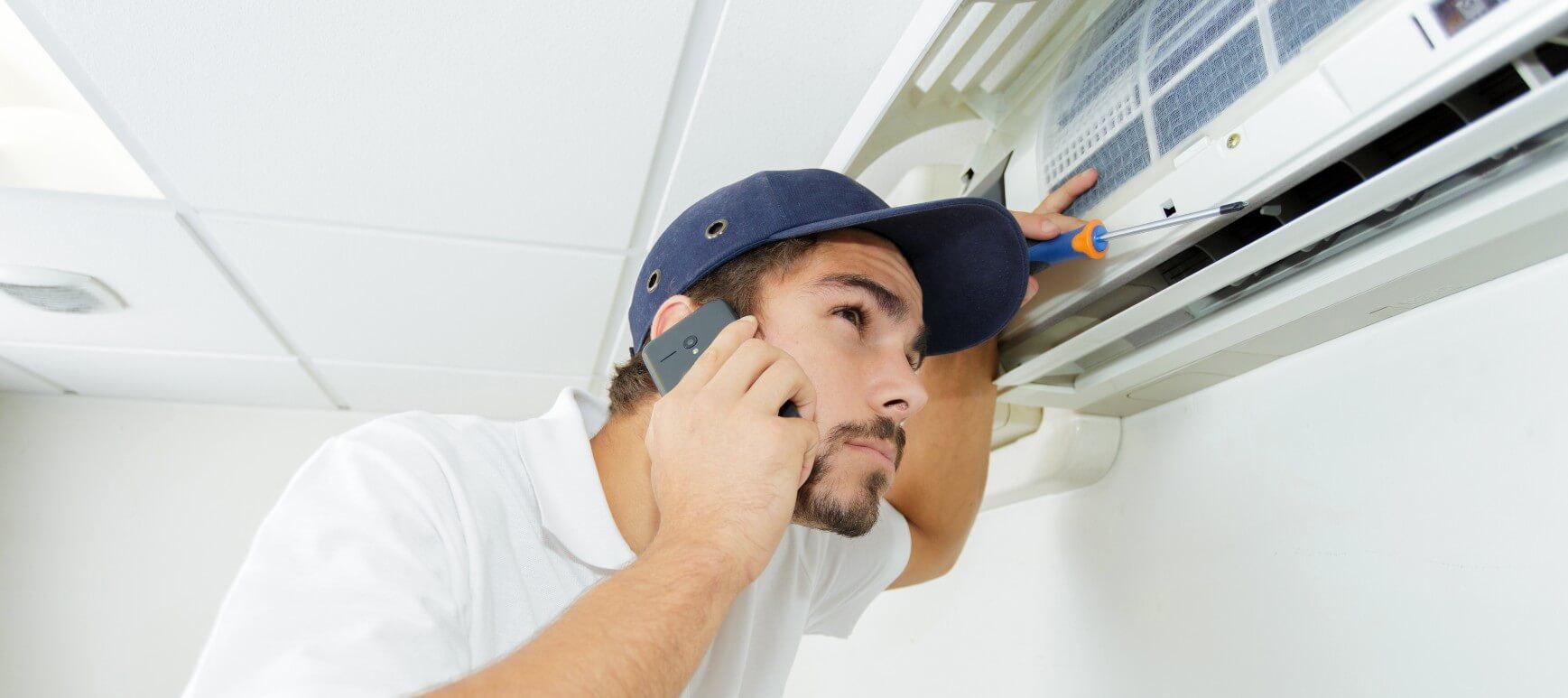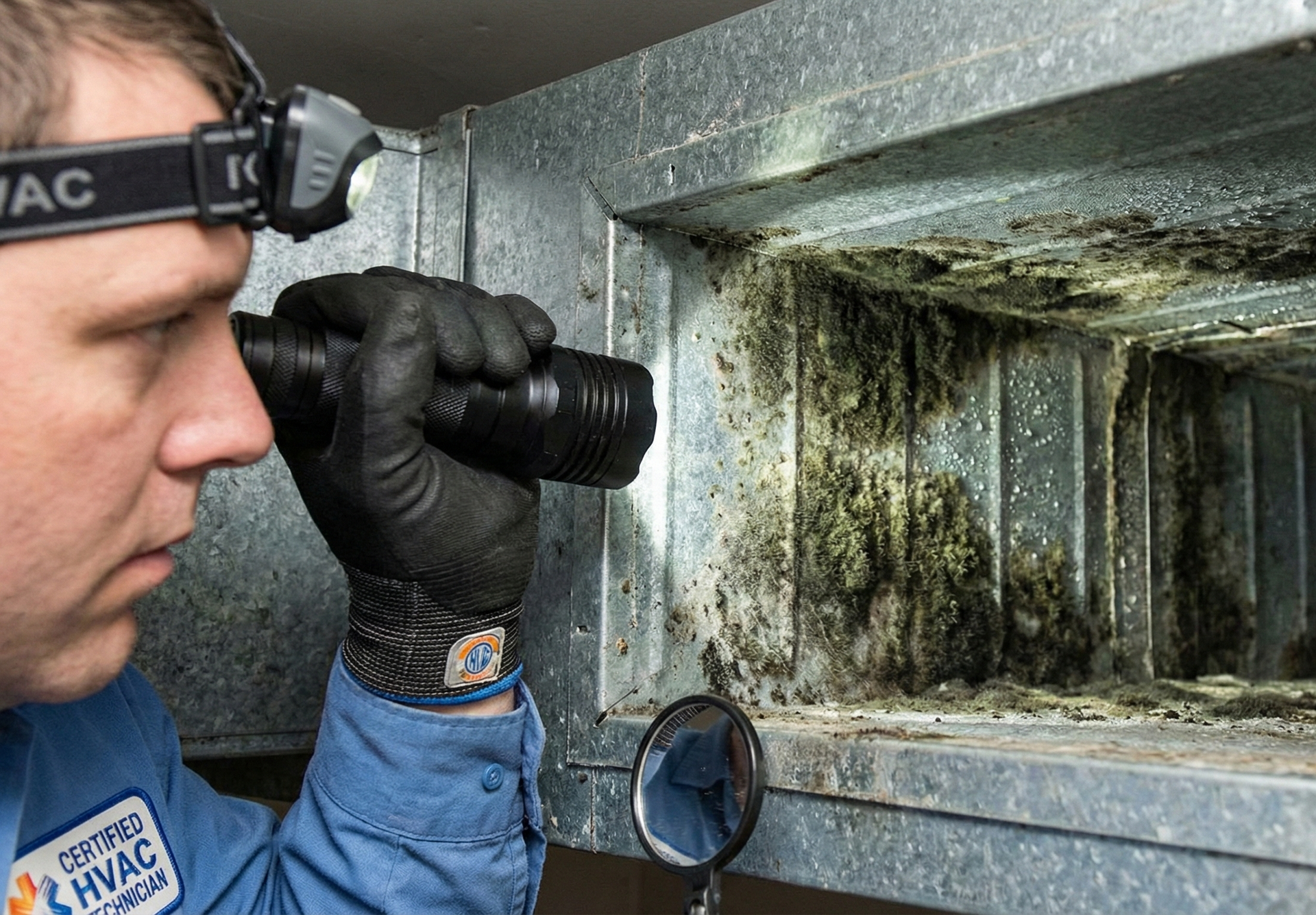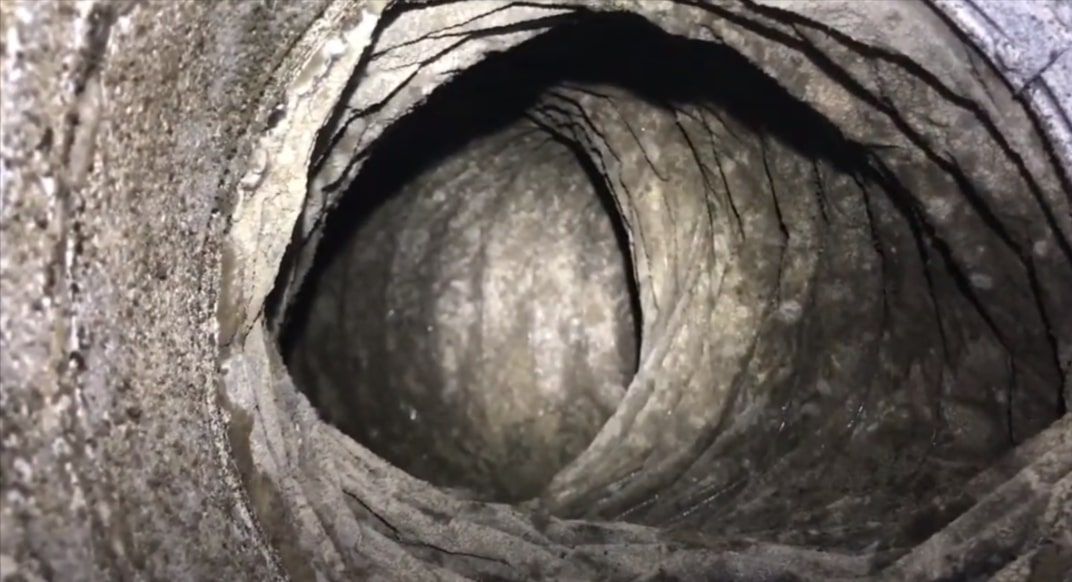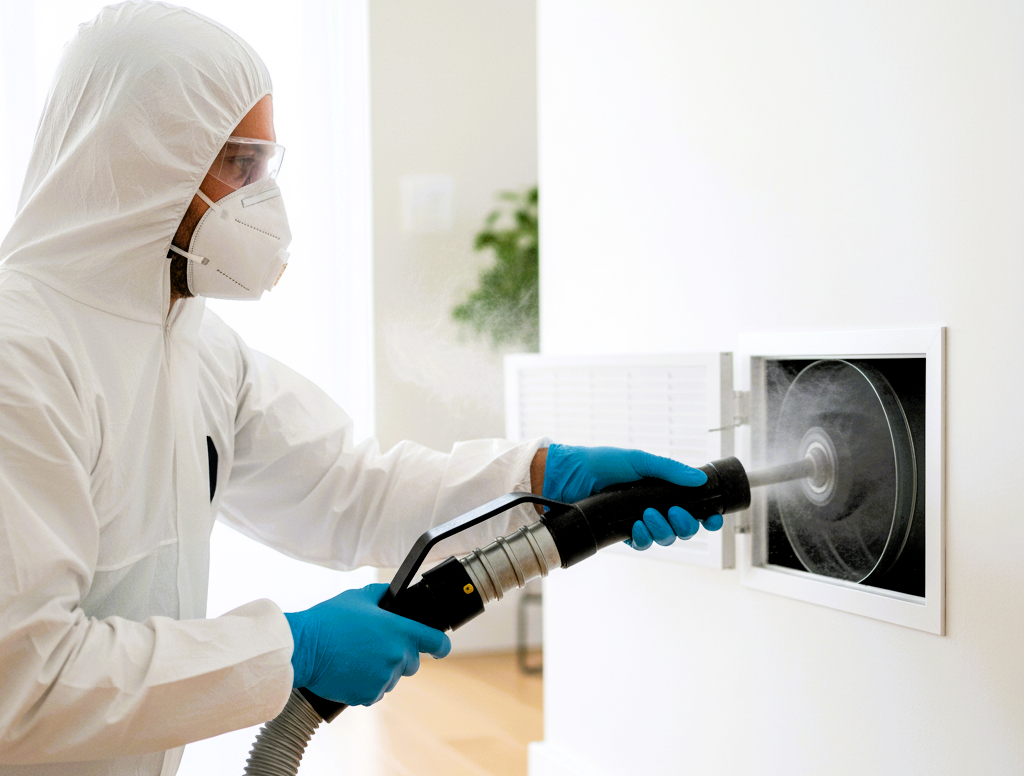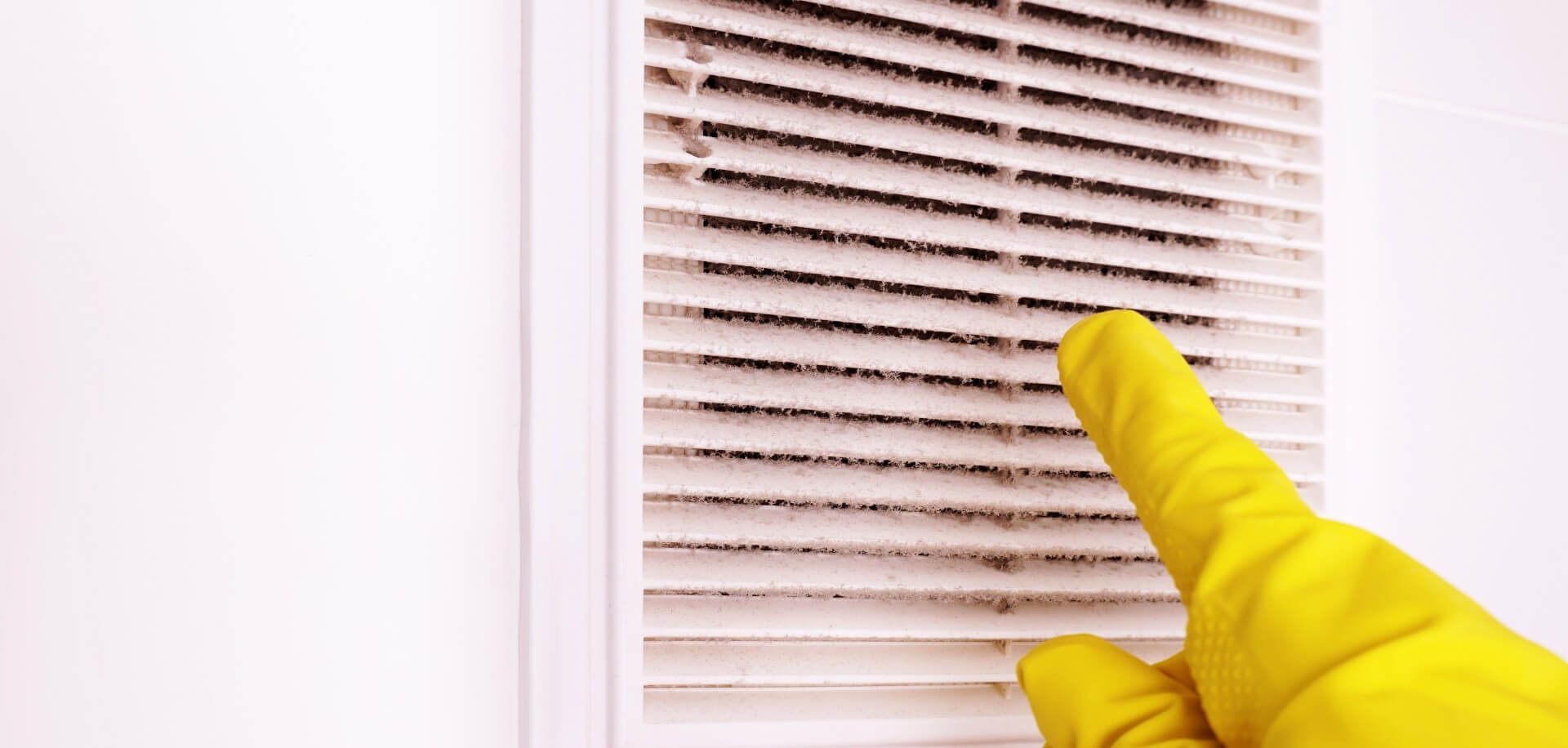How to Test Air Quality in the Home

Do you feel exhausted and fatigued? Have difficulty breathing or experience red, itchy eyes and a sore throat at all times? If so, it’s possible that the air quality in your home is not up to par.
A
home air quality check can detect particles that are present inside your house, originating from both internal and external sources. Some pollutants may even increase the risk for cancer or cardiovascular diseases. Hence by regularly assessing your home's air quality you can take proactive steps to safeguard yourself and your family’s well-being.
Common indoor air pollutants include:
- Dust mites, pet dander, pollen, and other allergens
- Mold and mildew
- Bacteria and viruses
- Chemicals from cleaning products, paint, and other household items
- Radon gas
- Carbon monoxide and other gases from combustion appliances
- Tobacco smoke
How to test indoor air quality
1. Invest in an indoor air quality monitor.
Searching for an air quality monitor? Look for one that measures levels of both particles and gases such as carbon monoxide (CO), formaldehyde, and volatile organic compounds (VOCs). Some monitors also measure temperature and humidity.
Temperature - High temperatures can affect air quality and may also lead to discomfort. The ideal temperature for indoor air is between 68°F and 72°F (20°C–22°C).
Humidity - Humid conditions result in the growth of mold, dust mites, and other allergens. Indoor humidity should be kept at an optimal level between 30–50%.
VOCs - Volatile organic compounds are gases that are emitted from certain solids and liquids, like aerosol cleaners,
air fresheners, paints, paint strippers, pesticides and more.
CO₂ - Carbon dioxide is another gas that accumulates in indoor environments. High levels of CO₂ can lead to poor air quality, headaches and fatigue.
PM₂.₅ - Particulate matter (PM) is a mixture of liquid and solid particles floating in the air. PM2.5 refers to particles that are 2.5 microns or smaller, which can be very hazardous to health.
When searching for an air quality monitor, make sure to acquire one that can accurately measure all major pollutants. Moreover, it's important to select a device that is user-friendly and simple enough so that if readings indicate any issues with your home's air quality - you are able to take swift action without delay.
2. Use a home air quality test kit.
There are various test kits on the market to get a good overview of your home’s air quality. These work by collecting samples from the environment and testing them in a lab for further analysis. This test is ideal if you have any suspicion that your home has mold, bacteria or other pollutants in the air.
3. Seek professional help.
An expert in the field will be able to assess your situation and suggest ways of improving the air quality through:
- Air purifiers
- Humidifiers or dehumidifiers
- Improved ventilation systems
- Encapsulating asbestos in the walls
- Removing any mold or bacteria present, among others.
Just as monitoring your health and nutrition is essential for maintaining optimal wellness, assessing your home’s air quality is equally important - both for the physical and mental wellbeing of you and those living with you. By regularly testing your home’s air quality, you can take proactive steps to safeguarding the health of your family and preserving a safe living environment.

